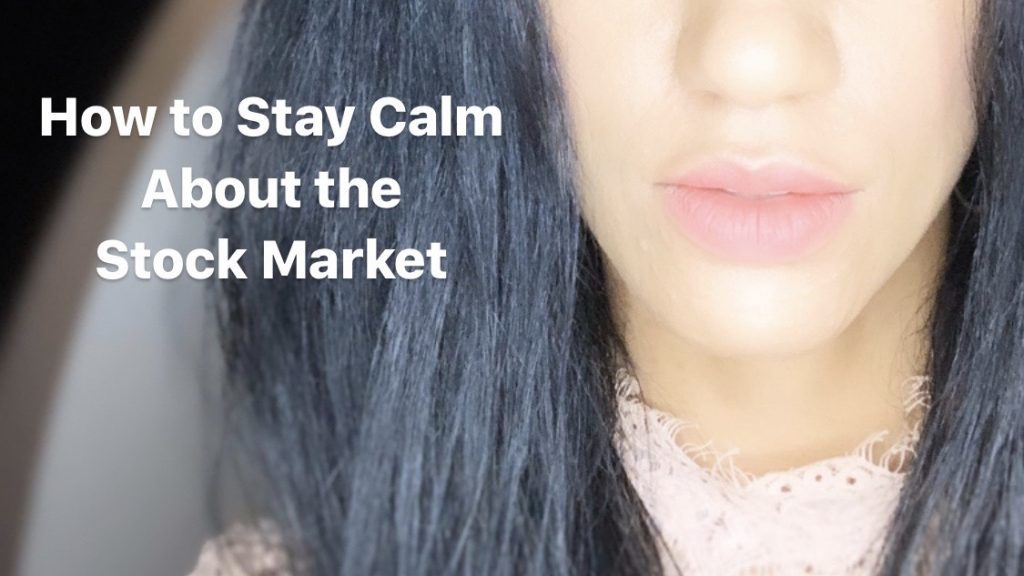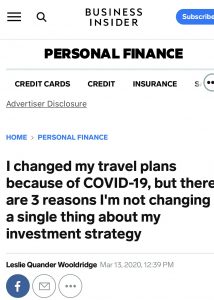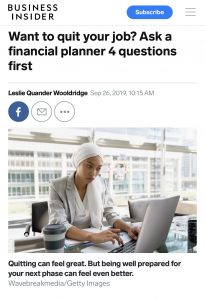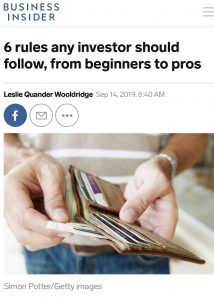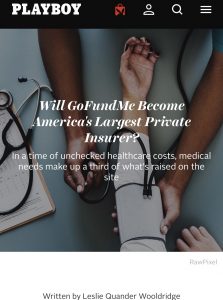
We’re in difficult times now. The news is sad, and this pandemic has changed our everyday lives and movements in ways we’ve never seen. As we’ve been encouraged to physically distance—leading to stay at-home-orders and business shutdowns—I’ve been thinking about what it means to own a business. And the role we can play in our economy, even as the economy contracts.
I settled on this: The world still needs our skills and small businesses. And we should continue to market them. Even now.
If you work as a consultant or freelancer, or own a small business, you might wonder if it’s still okay to sell your services. I wondered about this myself, especially since I’ve been developing more offerings for my success coaching program. And after doing some reading on this topic, I think it’s absolutely okay to market our services. And that we should.
Small businesses contribute to the economy. And small business owners need our help right now. I just bought a face mask and earrings from Etsy sellers. I’m still assigning stories to writers as part of my consulting work.
For my part, I’m going to keep writing for media outlets and clients, working to grow my business, and supporting other business, too. If you’re able, I hope you will join me in giving that support.
With this in mind, I’m also keeping a few spots in my coaching calendar available for anyone who wants a free chat about how you can find success working for yourself (including as a writer or editor); find new clients; or just make extra money on the side, from home.
Our stories should be told. And companies still need help telling theirs.
Please feel free to email me or comment to learn more. Or if you just want a word of encouragement.
Your wellness matters. And your work does, too. ✨

